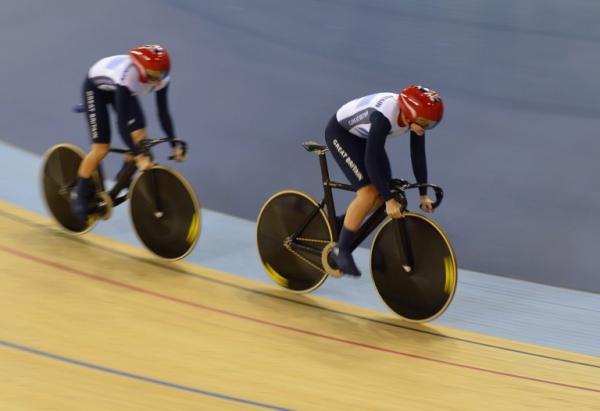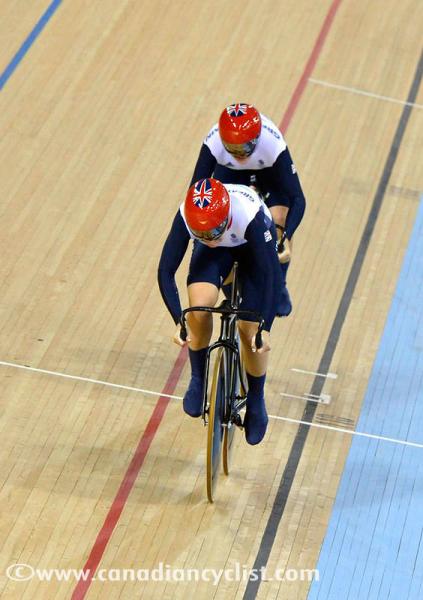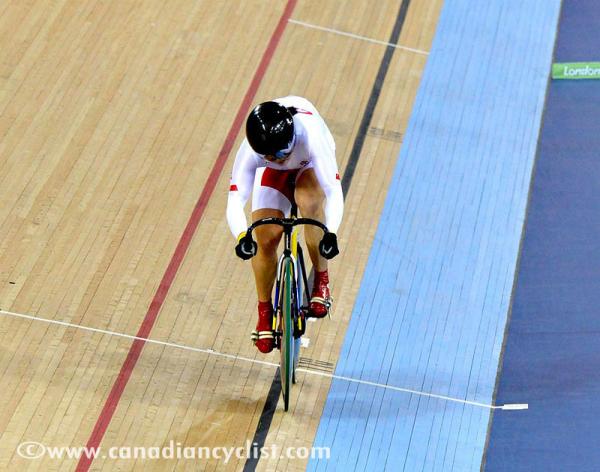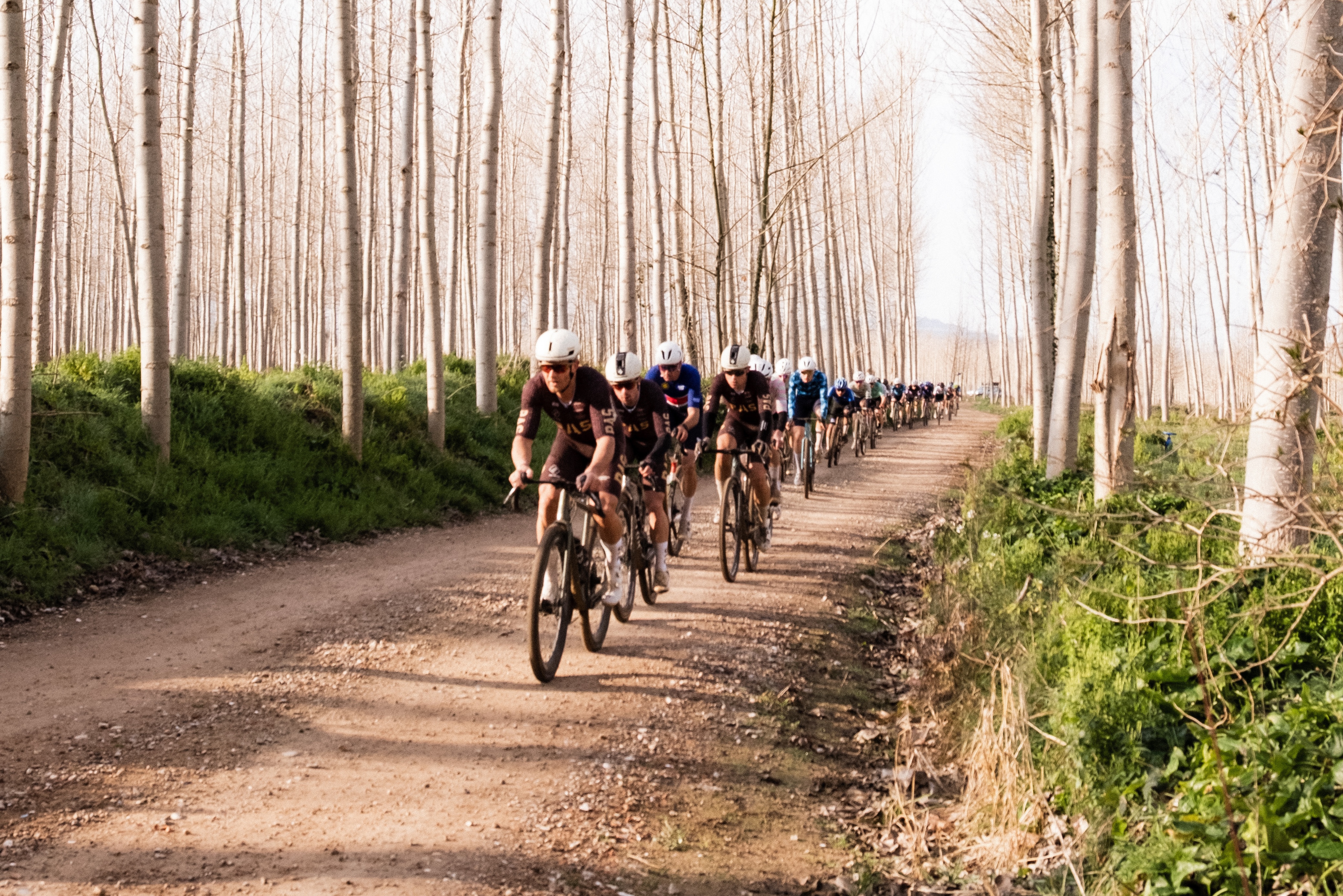Strict officials bring drama to women's Olympic team sprint
Tears, frustration in debut of event in London
The latest race content, interviews, features, reviews and expert buying guides, direct to your inbox!
You are now subscribed
Your newsletter sign-up was successful



The Olympic Games are always heavily laden with drama because of the intense and close competition, but they were made even more emotional at the London velodrome on Thursday when relegations in the women's team sprint denied the British team a chance at the medals, and then stripped the Chinese of the gold.
The first incident occurred after the British appeared to move onto the gold medal round by defeating Ukraine with a time quicker than the previous two heats, won by Australia and Germany. But the gold medal match up between the Victoria Pendleton and Jessica Varnish and China's Gong Jinjie and Guo Shuang never materialized: the British were penalized for exchanging too early and relegated to eighth place.
Going up against Germany for the gold, China appeared to have won handily. Guo and Gong had already celebrated their victory and Kristina Vogel and Miriam Welte had gone away to give silver medal interviews when the announcement came that the Chinese had also been relegated to silver.
Speaking with the UCI's technical delegate Gilles Peruzzi before the competition began, Cyclingnews got a clear explanation of the rule which was enforced strictly at the world championships in Melbourne, leading to the relegation of men's teams from Great Britain, Germany, the USA and Greece, and the Lithuanian women.
"The explanation we have given to all of the teams is this: when the lead rider crosses the pursuit line, the second rider must still be behind," Peruzzi said. That line, designating the end of the lap, was fitted with video cameras to allow officials to review footage after the race to determine if the team exchanged within the rules.
Whereas the British infraction was blatant - Pendleton was half a wheel ahead of Varnish at the line - the Chinese exchange was much closer, down to fractions of a tire width. It was hard for Gong to accept the judge's decision. "I do not know how the judges made the decision. The time was very short, and when our coach went over to review the video, they said they had no time, the medal ceremony had to begin.
"In the two rounds before we did not do anything wrong, but in the final we slightly outside of the rules. Because of the speed, it is very fast. It is difficult to control the bicycle at that speed."
The latest race content, interviews, features, reviews and expert buying guides, direct to your inbox!
Even the German team, elated to be given gold and still reeling at their good fortune, said it was not the way that they preferred to win. "When you are going 65kph, and there is just some white tape on the track [marking the pursuit line], it is very hard to see," said Welte. Both teams had their coach standing at the line to help give a visual cue for the exchange, but when the judging comes down to millimeters this is perhaps not enough.
Repeat Olympic champion Chris Hoy, who later in the evening broke the world record en route to gold with Jason Kenny and Philip Hindes, felt sorry for the Chinese and especially his British teammates. He could empathize with them after his team was relegated from the world championship qualifying round earlier this year and was unable to compete in the finals.
"You have to feel sorry for them. We experienced ourselves that in Melbourne, it's a very frustrating thing to happen," Hoy said.
"Rules are rules. We knew that before we started. The point is consistency - as long as the officials are consistent, then it's OK. It's when they go from being very relaxed to suddenly clamping down, which is what they did at world championships in Melbourne. That was our warning. Once there were a number of teams disqualified in Melbourne, then we were very aware that we have to be careful in the sprint. You have to be 100 per cent safe, otherwise you're going to get relegated."

Laura Weislo has been with Cyclingnews since 2006 after making a switch from a career in science. As Managing Editor, she coordinates coverage for North American events and global news. As former elite-level road racer who dabbled in cyclo-cross and track, Laura has a passion for all three disciplines. When not working she likes to go camping and explore lesser traveled roads, paths and gravel tracks. Laura specialises in covering doping, anti-doping, UCI governance and performing data analysis.
